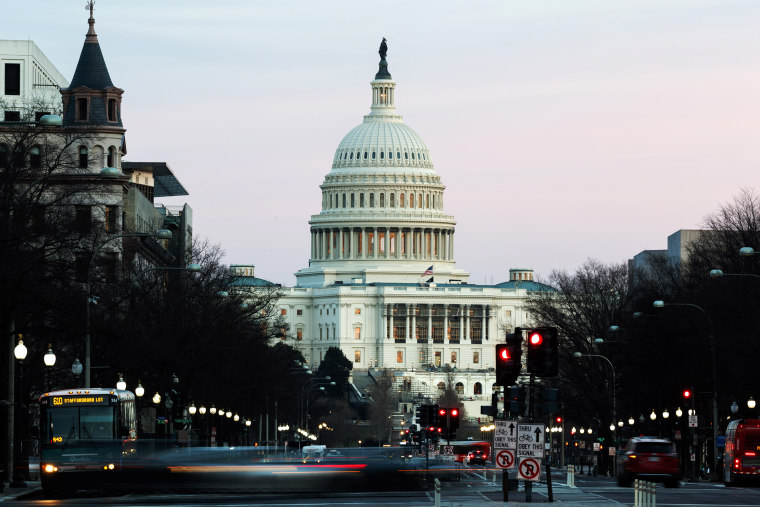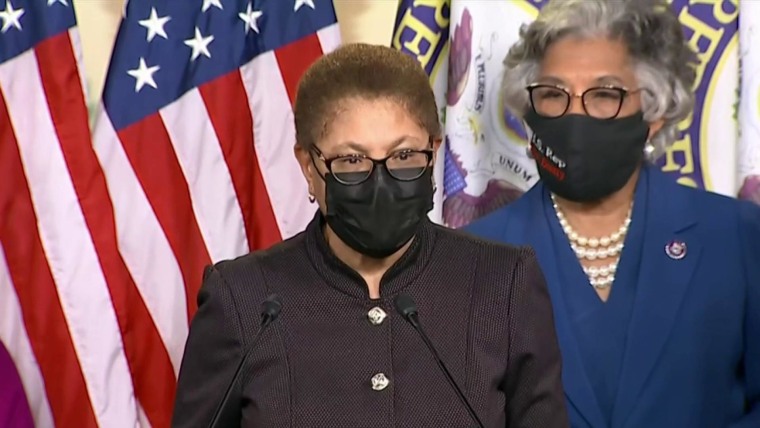It's about time we had federal standards governing police officers. The lax regulation in many states results in armed bullies committing crimes, including murder. In the immortal words of Iowa Republican Congressman David Perley Lowe, who was eloquent in speaking out in favor of the 1871 Civil Rights Act, or Ku Klux Klan Act.
Lowe was quoted by the Supreme Court of the United States in 1961 in Monroe v. Pape, discussing Congressional debate of the 1871 Civil Rights Act (Ku Klux Klan Act): "While murder is stalking abroad in disguise, while whippings and lynchings and banishments have been visited upon unoffending American citizens, the local administrations have been found inadequate or unwilling to apply the proper corrective. Combinations, darker than the night [which] hides them, conspiracies, wicked as the worst felons could devise, have gone unwhipped of justice. Immunity is given to crime, and the records of the public tribunals are searched in vain for any evidence of effective redress." Monroe v. Pape, 365 U.S. 167, 175 (1961), quoting Cong. Globe, 42nd Cong., 1st Sess., App. 166-167.
https://en.wikipedia.org/wiki/David_Perley_Lowe
From NBC News:
House passes police reform act named for George Floyd

The House on Wednesday passed a police reform bill that would ban chokeholds and overhaul qualified immunity protections for officers.
The George Floyd Justice in Policing Act, H.R. 1280, passed 220-212 — although a Republican representative said he'd voted yes by mistake and changed the official record to reflect his opposition.
Rep. Lance Gooden, R-Texas, tweeted that he'd pressed the wrong button and voted for the bill by accident.
A version of the bill passed last year but stalled in the Senate, which was then under Republican control. The House bill passed Wednesday night still has to go to the Senate, where it will need at least 10 Republican votes for passage.
The bill is named after Floyd, the Black man who died May 25 after a white Minneapolis police officer knelt on his neck for minutes. The officer, Derek Chauvin, was fired, and he faces charges of second-degree murder and manslaughter. His trial and jury selection are scheduled to begin Monday.
The bill, among other things, would ban neck restraints and "no knock" warrants in drug cases at the federal level. It would also reform qualified immunity, which is a doctrine that makes it difficult to sue officers.
Some places have already taken such steps. Colorado last year ended qualified immunity as a defense for officers in state courts.
The Biden administration threw its support behind the bill Monday. The White House said trust between law enforcement and communities can't be rebuilt unless police officers are held accountable for abuses of power.
Rep. Karen Bass, D-Calif., who introduced the bill, said she is confident that House members will be able to work with the Senate to get it passed. She said that after the last bill passed, "many of our Republican colleagues said they thought they could get to yes on this, but they had some difficulties."
"One of the things that has happened in the last 12 months, though, is that many states moved ahead without us, and they started passing reforms," Bass said. "So, this time, when we sit down to meet, we can talk about reforms that are already in place."
Benjamin Crump and Antonio Romanucci, attorneys for the Floyd family, said that on behalf of the family "we are deeply gratified and grateful" in House leadership, and they urged the Senate to pass the bill.
"This represents a major step forward to reform the relationship between police officers and communities of color and impose accountability on law enforcement officers whose conscious decisions preserve the life or cause the death of Americans, including so many people of color," they said in a statement.


No comments:
Post a Comment